Traffic stops are a routine part of life for drivers in New York City, from Manhattan’s bustling avenues to the quieter stretches of Staten Island. But with nearly everyone carrying smartphones packed with personal information, many New Yorkers wonder: Can the police search my phone if I’m pulled over? This article explores the legal boundaries of phone searches by police during traffic stops across New York, explains your rights, highlights recent case law, and provides practical guidance using relevant stats and real city examples.
The Frequency and Nature of NYPD Traffic Stops
Between 2022 and 2024, New York City’s streets saw over 2.2 million traffic stops, with sharp increases in police enforcement in Brooklyn, Queens, Manhattan, the Bronx, and Staten Island. In 2024 alone, the NYPD made 855,750 stops—a 25% jump from the previous year. Brooklyn had the highest share, with 30% of all stops, accounting for over 666,000 traffic interactions. These numbers translate into thousands of potential encounters each day where officers interact with drivers of all backgrounds—including tourists in Midtown Manhattan, commuters in Queens, and families in the Bronx.
Traffic stops often lead to further investigative actions beyond a simple warning or ticket. For example, the NYPD searched 83% more vehicles and seized 70% more in 2024 than in 2023, and about 67,500 arrests stemmed from a traffic stop. Black and Latinx drivers were stopped and searched far more often than white drivers, highlighting significant disparities in policing across neighborhoods like East New York, Harlem, and Washington Heights.
What Can Police Do At a New York Traffic Stop?
When an officer pulls a driver over in New York City—whether in the heart of Times Square or on the FDR Drive—they must have probable cause, such as speeding, running a red light, or another clear traffic offense. During the stop, police can:
-
Request your driver’s license, registration, and proof of insurance.
-
Ask questions related to the reason for the stop.
-
Visually inspect your vehicle for anything in plain sight.
-
If the officer suspects a crime beyond a traffic violation, they may seek to prolong the detention or ask for consent to search your vehicle.
You aren’t required to answer questions beyond providing identification and documents. The right to remain silent extends to questions unrelated to the stop.
Can the Police Search Your Phone During a Stop?
The Baseline: No Warrant, No Search
Generally, police cannot search your phone during a routine traffic stop without a warrant. The contents of your smartphone—texts, emails, photos, location data, social media messages—are protected under the Fourth Amendment to the U.S. Constitution, which prohibits unreasonable searches and seizures. In 2014, the Supreme Court’s decision in Riley v. California made clear that an arrest does not, by itself, allow police to search the digital contents of a phone without a warrant. This precedent directly applies in New York.
This means if you’re pulled over in the Bronx, Brooklyn, or elsewhere, an officer cannot take your phone and search it purely because you were stopped for a traffic violation or even after a related arrest unless they have a warrant issued by a judge.
The Main Exception: Consent
The major exception to the warrant rule is consent. If you voluntarily hand over your phone or say “yes” when asked if the police can look through it, they can search it immediately, even without a warrant. However, officers cannot force you to consent, and you have the right to politely refuse. In practice, officers sometimes pressure or suggest you have “nothing to hide”—but you do not have to agree. This applies whether you are pulled over on the Brooklyn-Queens Expressway, Broadway in Manhattan, or Grand Concourse in the Bronx.
Other Exceptions: Exigent Circumstances
Police may bypass the warrant requirement only in rare “exigent circumstances,” such as believing that evidence on a phone is about to be destroyed or if responding to an immediate emergency threatening public safety. For instance, if a driver is suspected of a kidnapping or terrorism-related offense, or police believe evidence critical to the ongoing crime is at risk of disappearing, they may claim an emergency justifies an immediate search. Simply being pulled over for speeding or running a stop sign in Astoria, Elmhurst, or Bay Ridge is not such a situation.
Arrests and Phone Searches: Extra Protections
Even if you are arrested following a traffic stop, for something like DUI/DWI in places like Buffalo or Rochester, police still need a warrant to search your phone. The only exception would be if they can show the type of emergency described above. Otherwise, law enforcement will seize your phone and must present a judge with reasons (probable cause) to issue a warrant before reviewing your digital information.
Recent New York cases have reinforced this principle. For example, courts have invalidated the introduction of evidence when police searched phones after a traffic stop or arrest without meeting the strict warrant requirement.
What About Unlocking Your Phone?
Police cannot force you to provide your passcode during a routine stop or following an arrest unless a warrant specifically compels this. Courts have generally held that you cannot be required to divulge your password. The law is less settled on whether police can legally obtain fingerprints or use facial recognition to unlock a phone—this area is evolving, but currently, a warrant is needed.
Racial Disparities in NYPD Stops and Searches
The NYPD’s own data confirms deep racial disparities in who is stopped, searched, or arrested during traffic stops across the city. Black drivers make up 32% of stops but only 22% of drivers, while Latinx drivers represent 30% of stops but just 23% of the driving population. In contrast, white drivers are underrepresented in stops (23% vs. 38% of the driving population). Black and Latinx drivers are also more likely to be searched or arrested during stops—nearly 90% of all stop-related arrests are of Black or Latinx individuals. These disparities are most pronounced in Brooklyn and the Bronx.
How a Traffic Stop Unfolds: City Examples
-
Queens: A driver runs a red light on Northern Boulevard. An NYPD officer stops the car, requests the driver’s paperwork, and asks to search the car. The driver refuses, so the officer can only search if there’s probable cause (e.g., a visible illegal item).
-
Manhattan: During a Friday night stop in Harlem, police question a driver about their destination and notice a cell phone on the seat. They ask to see it; the driver refuses, citing their right to privacy. Unless the officer secures a warrant, the phone cannot be searched.
-
Brooklyn: Following a DWI arrest, police seize the driver’s phone as evidence but must obtain a warrant to examine its data. Attempts to search without judicial approval are likely to be thrown out in court.
What Should You Do When Stopped?
-
Remain calm and pull over safely.
-
Keep your hands visible, usually on the steering wheel.
-
Provide required documents (license, registration, insurance) when requested.
-
If asked to unlock or hand over your phone, politely decline unless the officer presents a valid warrant.
-
You can say: “I do not consent to my phone being searched.”
-
Do not argue, but assert your rights respectfully.
-
If arrested, ask for an attorney immediately and continue to decline consent for any search.
These steps apply equally in Buffalo, Rochester, Syracuse, Albany, and beyond.
What Happens If Police Search Your Phone Illegally?
If law enforcement searches your phone without a warrant, your consent, or an emergency rationale, anything found may be ruled inadmissible in court. New York courts have consistently thrown out evidence from unlawful phone searches. However, asserting your rights in the moment is crucial—courts are less likely to side with you if you consented, even under pressure.
Frequently Asked Questions
1. What if I’m a passenger and police ask to see my phone?
Passengers have the same rights as drivers regarding phone privacy. Unless there is a separate basis for suspicion, police cannot search your phone without your consent or a warrant.
2. Does refusing a phone search look suspicious?
You are within your rights to refuse consent. While police may try to persuade you, invoking your rights is not legal grounds for suspicion.
3. Can police take my phone and hold it?
If you are arrested, police can hold your phone as evidence but still cannot search its contents without a warrant—unless there’s an urgent emergency.
4. What if an officer asks to see just one text, photo, or app?
Any search of your digital content requires your consent or a warrant.
Final Tips and Resources
-
Do not unlock your phone for police unless presented with a warrant.
-
Keep your phone locked with a passcode—avoid relying solely on facial or fingerprint unlock.
-
Contact an attorney if your phone is searched or seized.
-
Document the stop: After the encounter, write down details like time, location, badge number, and what was said for your records.
If you believe your rights were violated during a traffic stop in New York City—whether in Flushing, Crown Heights, or the South Bronx—contact a criminal defense attorney or a local legal aid organization.
Conclusion
The explosion of technology means our phones carry the most personal details of our lives, from communication to banking, health, and private photos. New York law is very clear: except in rare emergencies, police need a warrant or your voluntary consent to dig through your phone, whether you’re stopped for a missing taillight in Chinatown or illegal U-turn on Staten Island. Understanding your rights can help you protect your privacy and avoid self-incrimination during traffic stops in any borough or city across New York State. Stay informed, remain calm, and never hesitate to assert your rights respectfully when interacting with law enforcement.

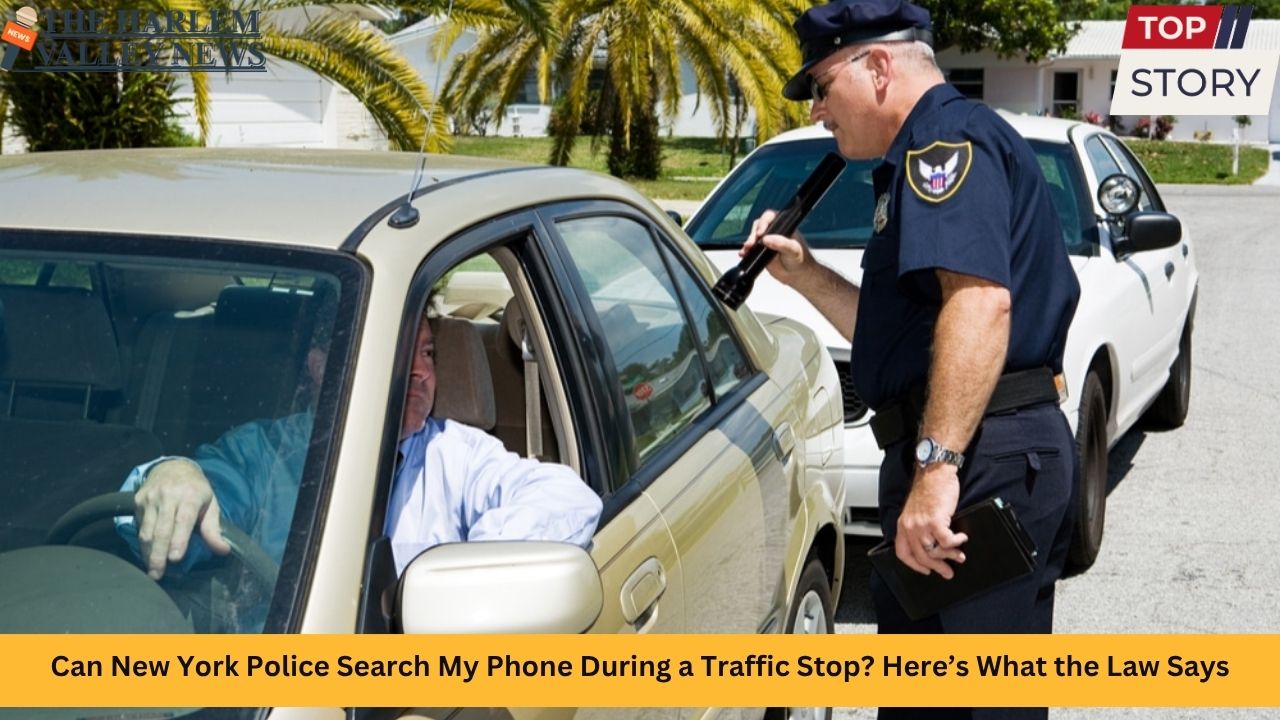
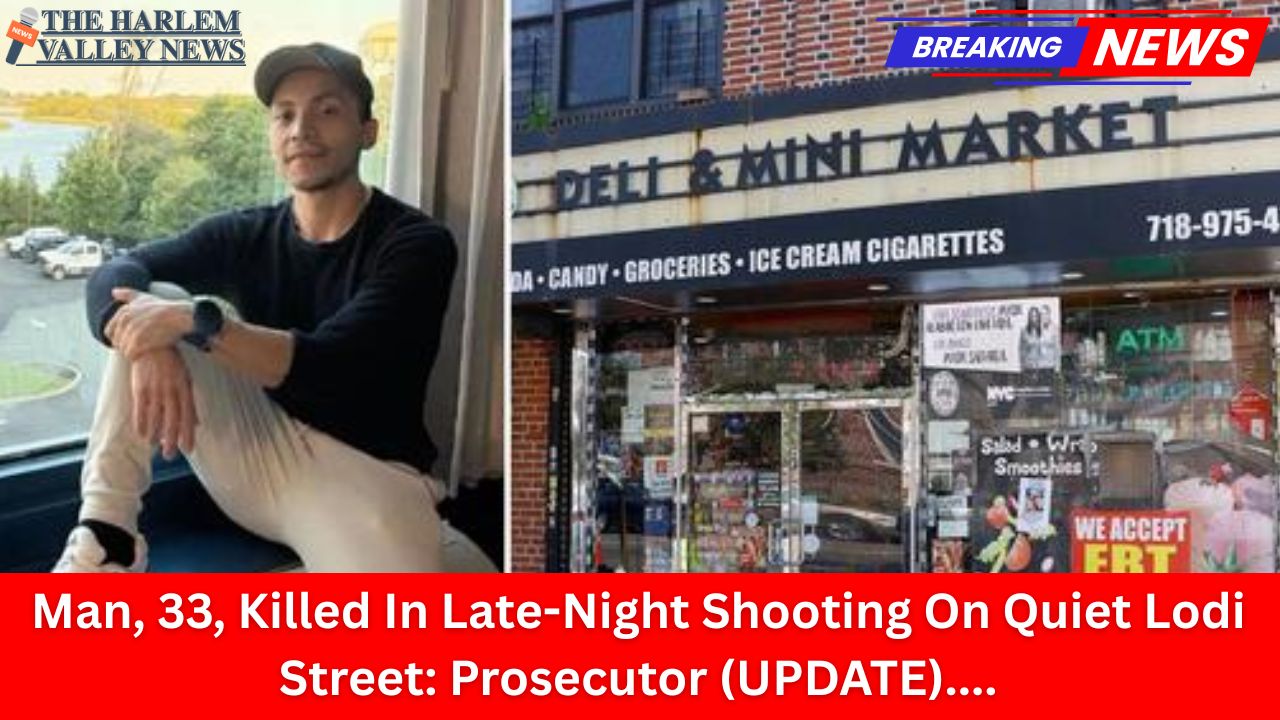

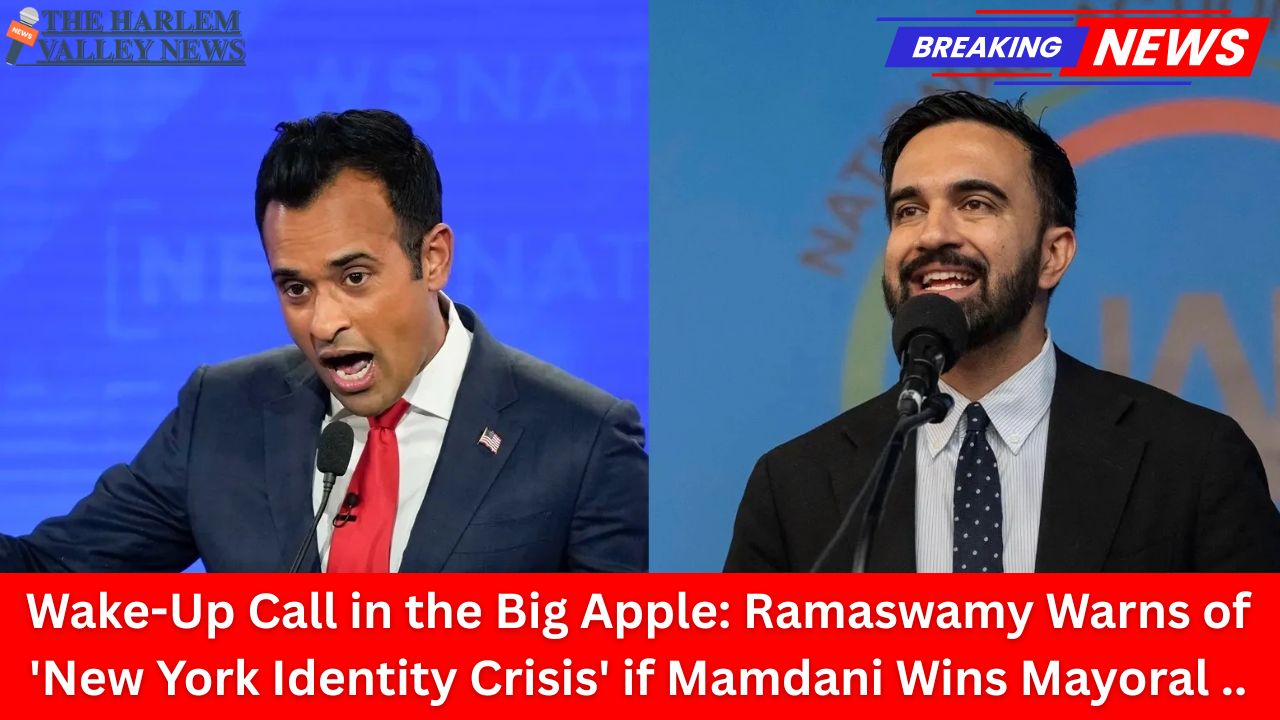

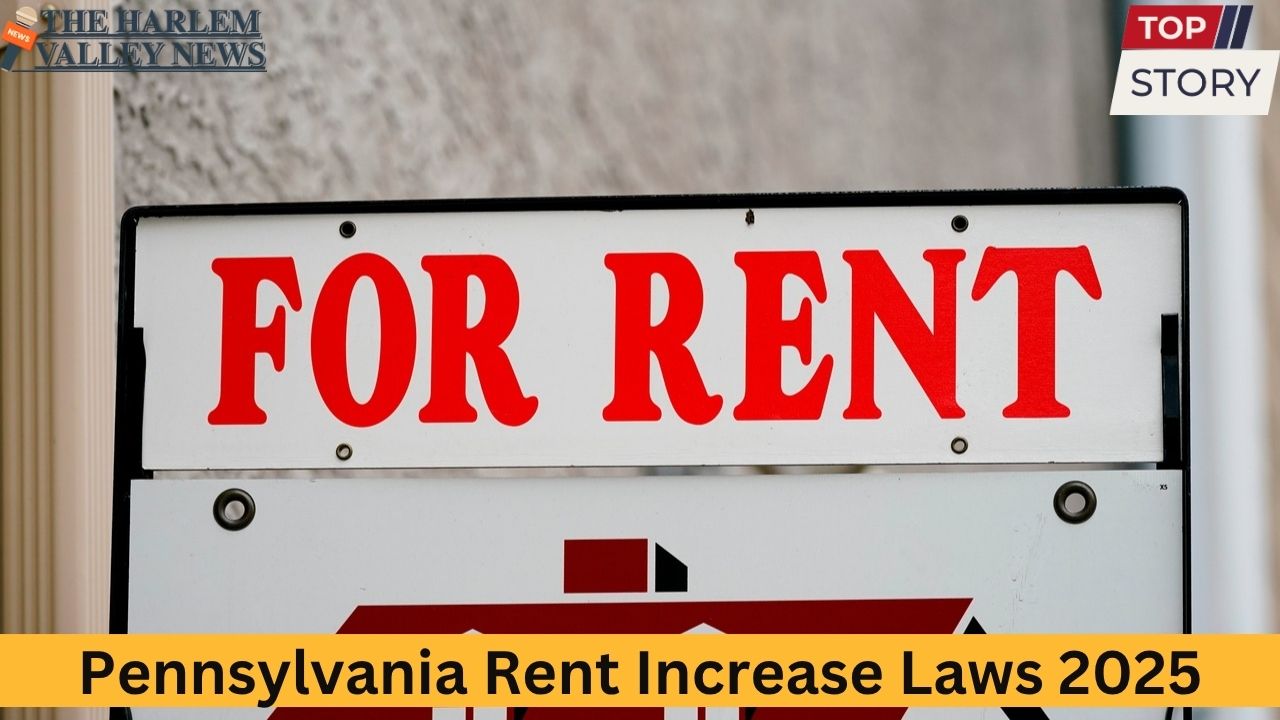

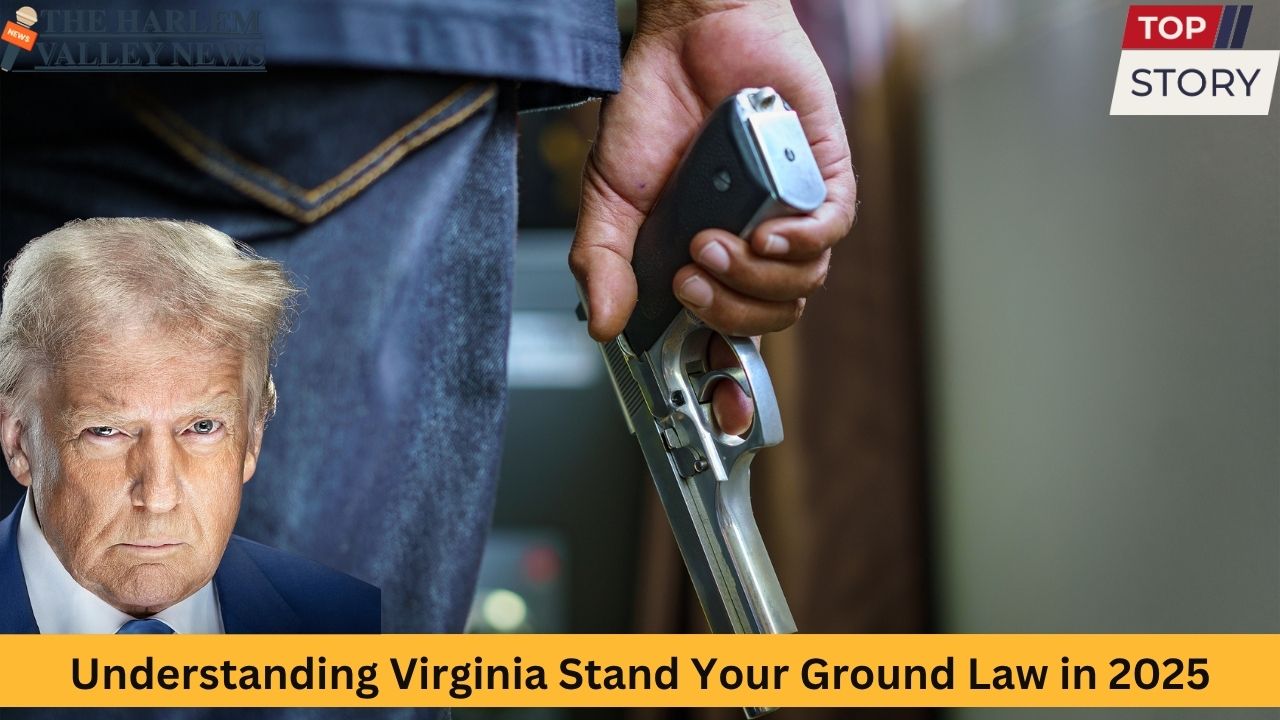
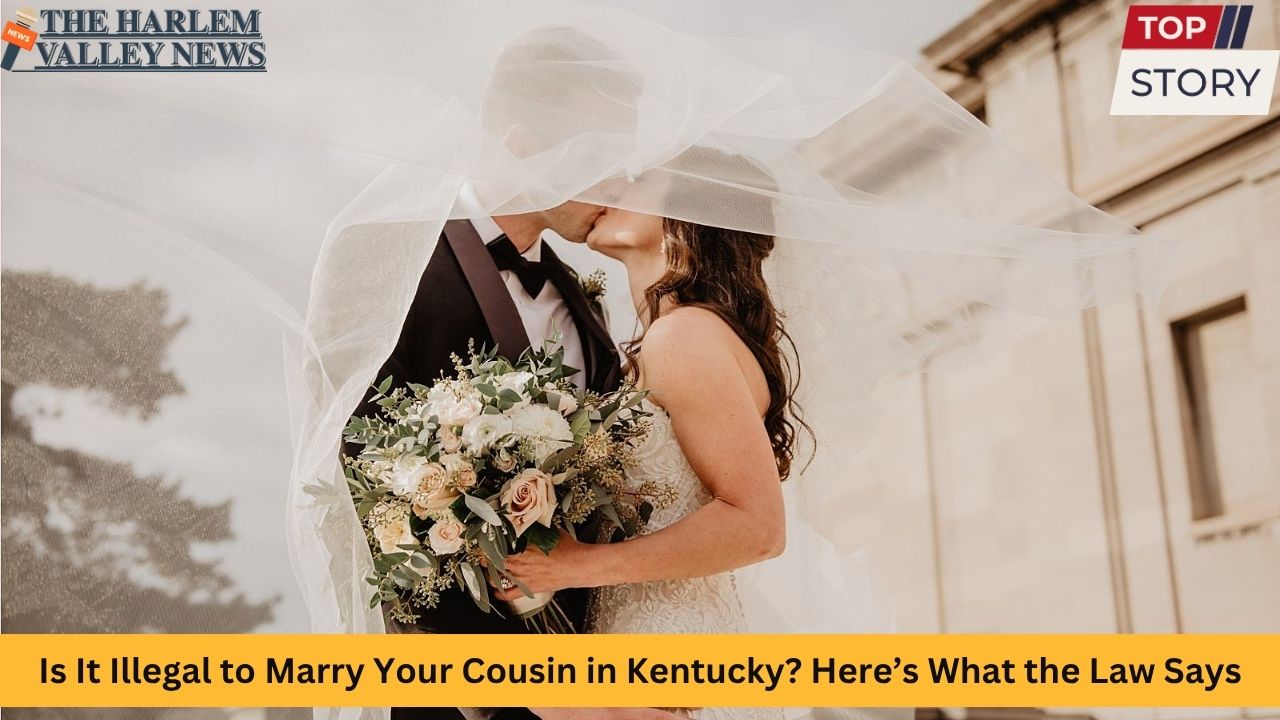
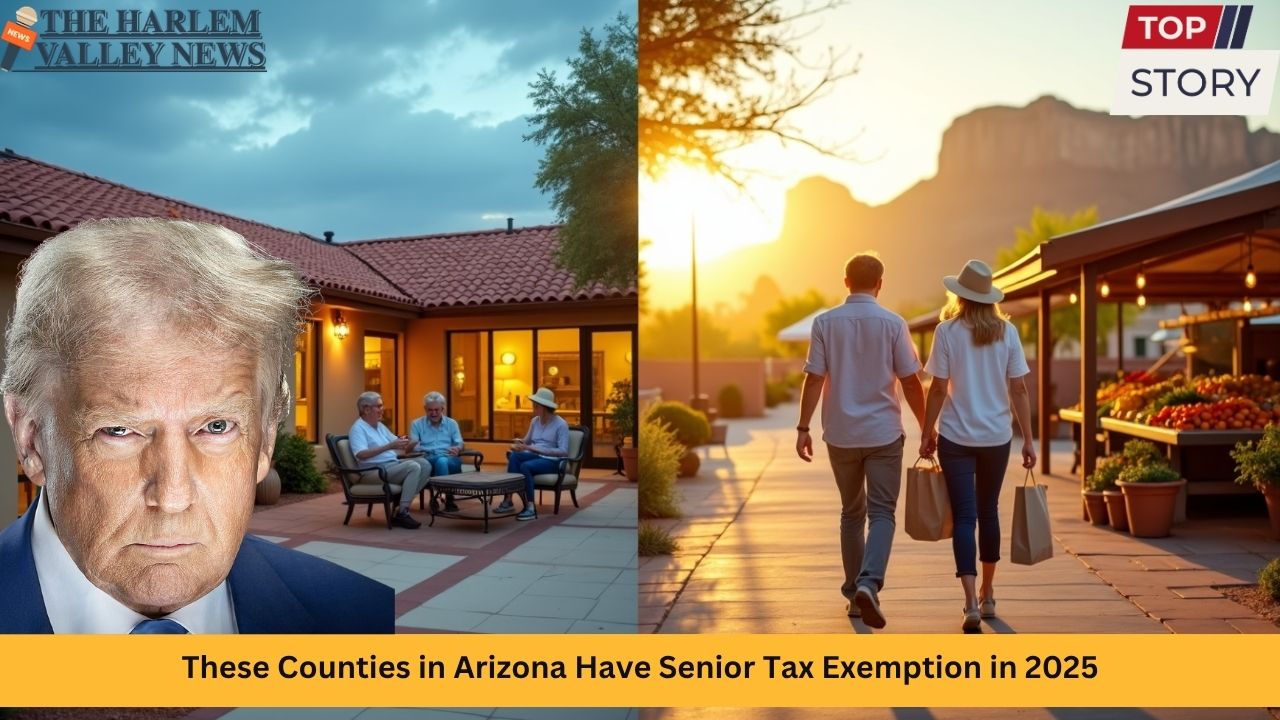

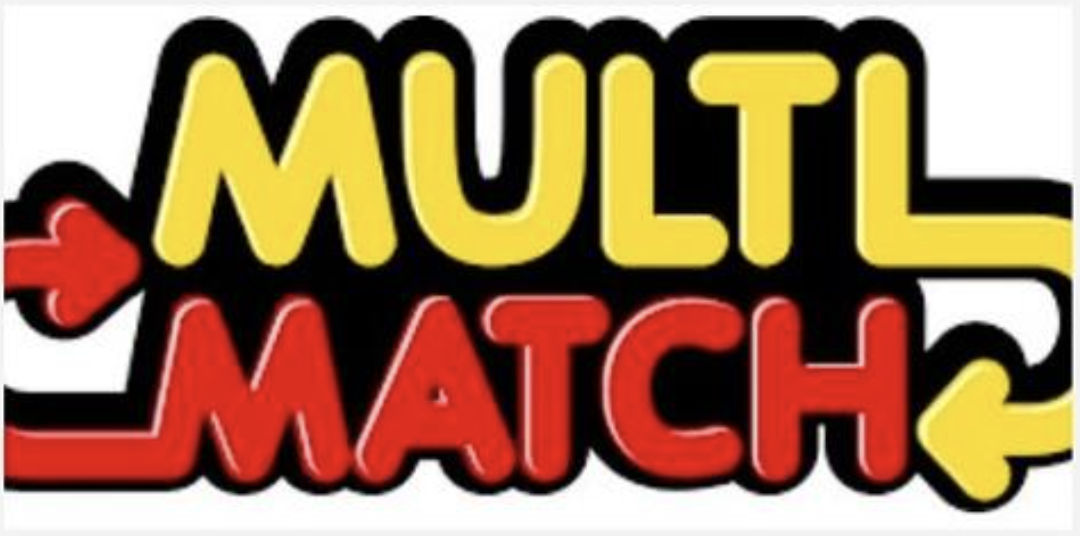
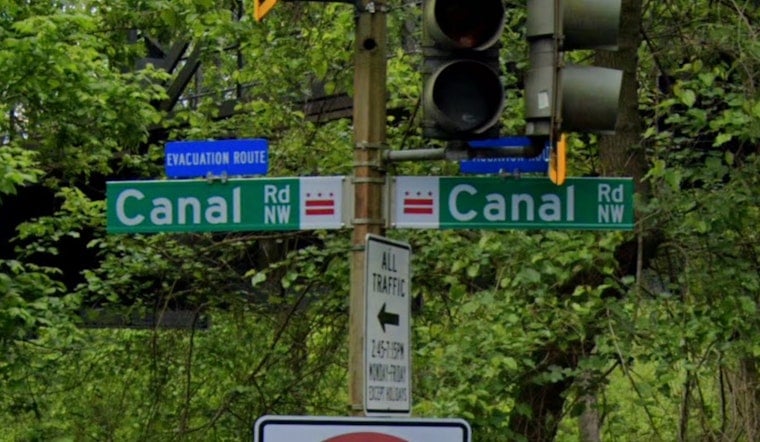
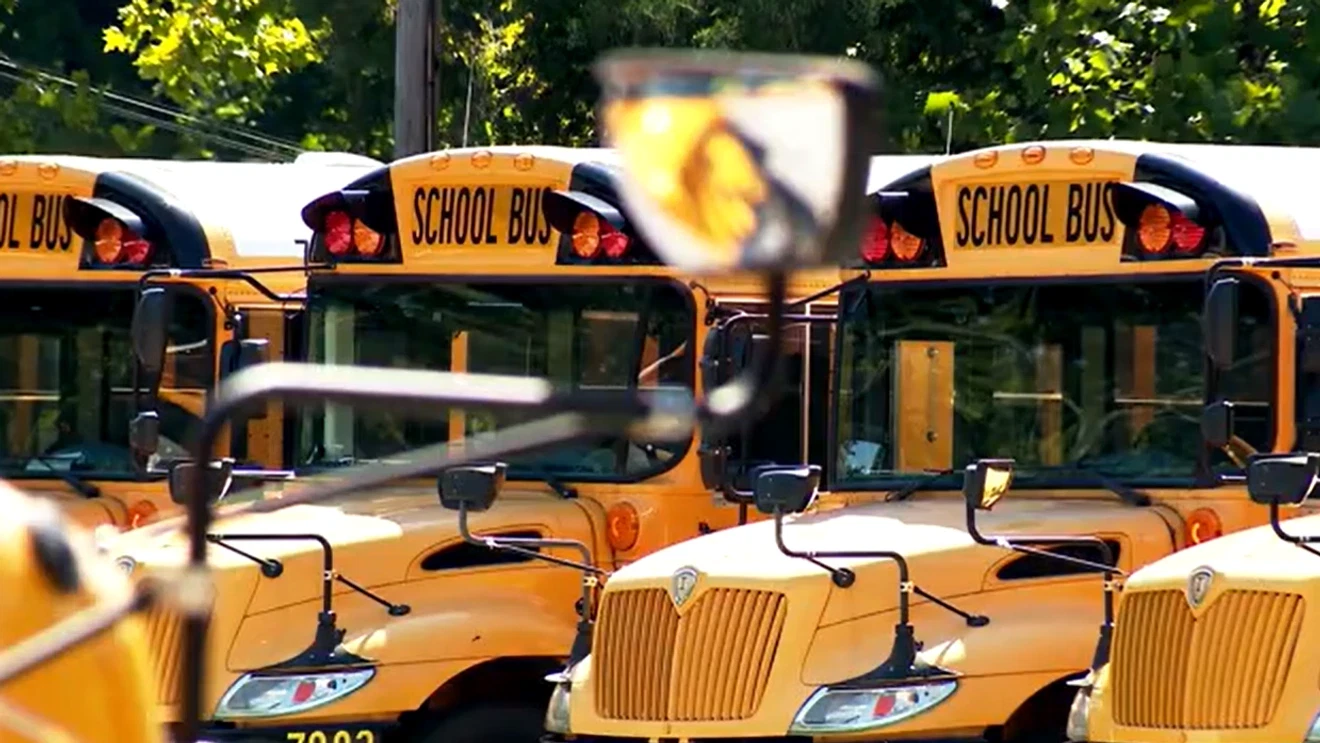

Leave a Reply